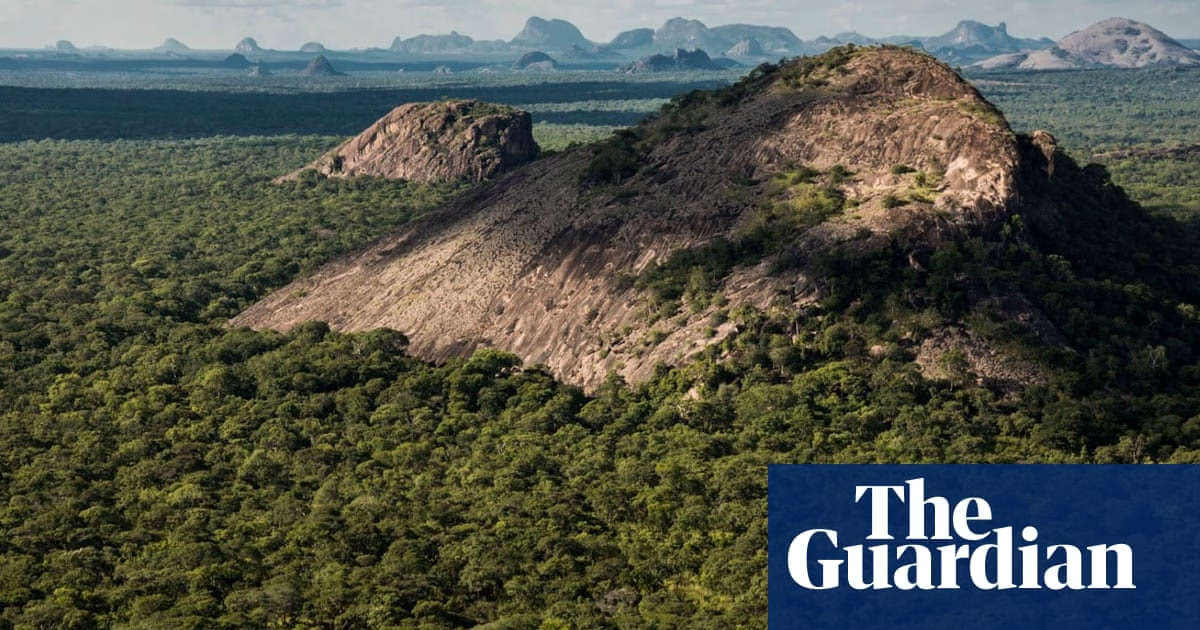A significant protected area in Africa, the Niassa reserve in Mozambique, has been the target of a series of violent attacks by Islamic State-linked extremists, resulting in at least 10 fatalities. These assaults have put decades of conservation work, which sought to increase populations of lions, elephants, and other vital species, in jeopardy as operations are brought to a standstill. On April 29th, the militants assaulted several buildings in the reserve, claiming the lives of two anti-poaching scouts, with two more missing and one seriously injured. This event followed a raid on a nearby safari camp 10 days earlier, where two individuals were beheaded and six soldiers lost their lives. As a result, a village of 2,000 people has been displaced and all conservation activities have been halted in the reserve.
Conservationists stress that the violence poses a substantial threat to over 20 years of conservation achievements in the area. Colleen Begg, managing director of the Niassa Carnivore Project, highlights the fear and brutality of the attacks, which she says could impact tourism in the reserve for several years to come. Regarded as one of Africa’s most vital wildlife sanctuaries, Niassa reserve is home to a substantial population of lions, critically endangered African wild dogs, and recovering elephant and buffalo populations. The reserve’s size, comparable to Switzerland, and unique status as an unfenced area make it particularly crucial for the preservation of these species. Efforts to designate it as a World Heritage Site are under threat due to current insecurity.
Since its emergence in 2017, Islamic State Mozambique, also known as al-Shabaab despite no direct links to the Somali group, has displaced more than 1 million people in northern Mozambique. While security forces have taken action against the group, particularly following a significant attack that led to the suspension of a major gas project by TotalEnergies, it remains active in the country’s north. With nine conservation and safari camps abandoned and one destroyed by the insurgent group, there is an urgent call for support to restore peace and prevent further loss of life in the area. The Mozambican army is currently pursuing the IS-linked group, but the situation remains precarious for both the local population and conservation efforts.
Find further coverage on the age of extinction and follow nature coverage from reporters Phoebe Weston and Patrick Greenfield in The Guardian app.
Source: https://www.theguardian.com/environment/2025/may/18/mozambique-niassa-militant-islamist-isis-attacks-aoe









